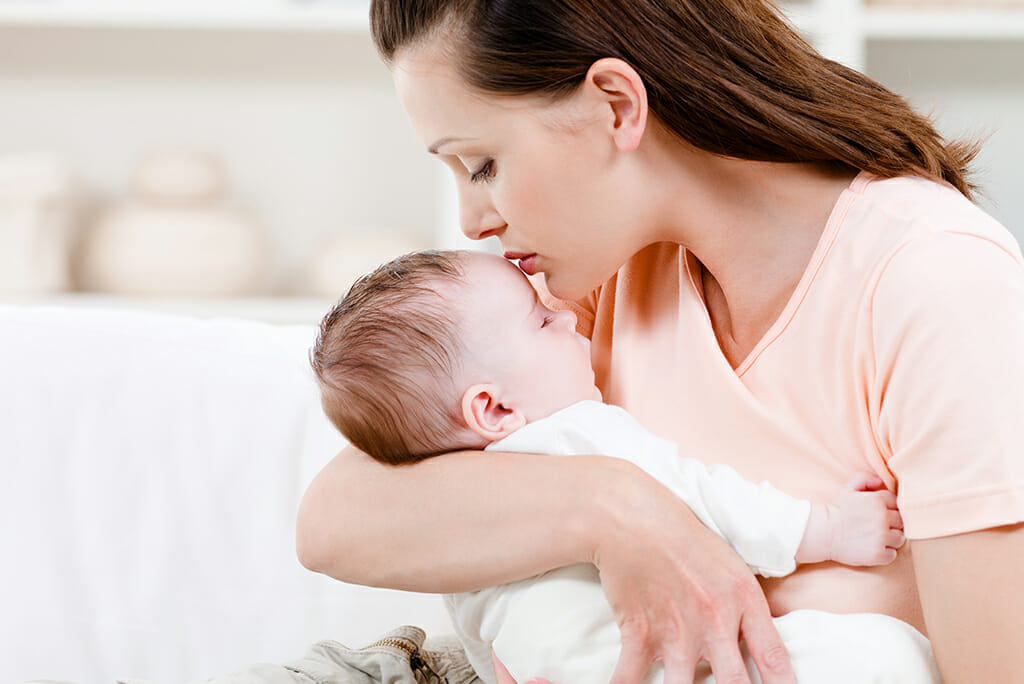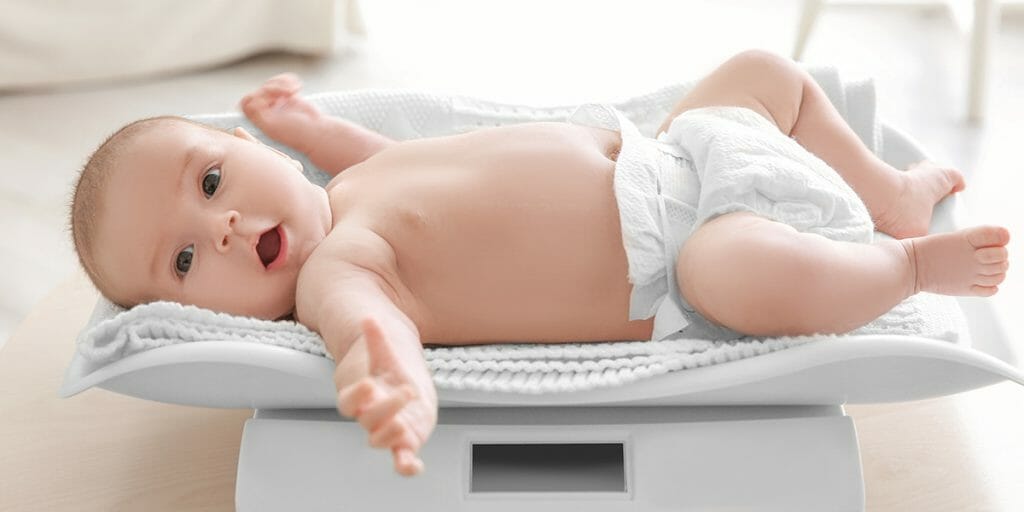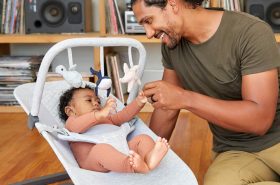
In this blog post, GP Dr Stephanie Ooi discusses some of the most common new mum questions.

Dr Steph is part of the CARiFiT team and has contributed content to their FREE online membership CARiFiT 4 ALL.
In this first blog, Dr Steph tackles 2 topics :
- Vaccine myths and the rise in them being such a hot topic.
- Fever in children – current guidelines and advice.
Vaccine Myths
The importance of vaccines shouldn’t be underestimated. They really do save lives. Thanks to vaccines, disease such as Smallpox and Polio are a thing of the past. These are conditions that had truly devastating consequences.
Science has worked tirelessly to produce these vaccines to protect us and our children. I believe it’s a privilege to have them available FREE to us in the UK.
The UK NHS childhood vaccination programme protects our children against many other dangerous diseases such as Meningitis C. I am incredibly passionate that all children should follow this schedule. It is safe, effective and more importantly keeps these diseases at bay.
I have addressed some common myths regarding vaccines below:
- You cannot overload a baby’s immune system through vaccination. Babies come into contact with thousands of bacteria and viruses from a very early age and don’t cause a problem most of the time. The vaccines themselves contain a weakened form of the bacteria and viruses so your baby is very well equipped to deal with them. There is no need to give separate vaccines each time.
- It isn’t better for a baby to get the disease so they develop immunity – this is valid for all the conditions that are vaccinated against in the NHS vaccination schedule. These can have serious life-threatening consequences.
- Homeopathy cannot be used as an alternative to vaccinations.
- There is no proven link between MMR and autism. The doctor that claimed this has now been *struck off* (ie. had his licence taken away!) because of his hugely flawed study yet many people still believe this to be true.
- There is no toxic dose of metals such as aluminium in vaccines. Yes, aluminium is used in a vaccine such as MMR in order for it to be more effective but this has been tested and is safe.
- You do not have to avoid vaccinations if your baby has severe eczema,
- Your baby can still have vaccines if they have a cough or cold but best to postpone if they have a fever.
Obviously each vaccine does have some potential side effects. They aren’t perfect. However, the benefits do outweigh the risks.
If you have any concerns about vaccines please discuss with your health professional. There is so much misinformation online as well that only trusted resources should be used – I recommend the NHS website, Patient UK and the Vaccine Knowledge Project website.

Fever in Children
Here is some advice for managing a child with a fever which is based on current guidance. I have learned a couple of new things too!
💊 A Note on Calpol and Nurofen:
Calpol is a branded version of Paracetamol. Nurofen is a branded version of Ibuprofen. The branded versions are more expensive, but not any better! Unfortunately the market is saturated with the branded versions, but if you can find the generic versions these are perfectly good to use too!
• A fever is a temperature above 38C.
• A fever occurs because the body is trying to fight off an infection and make it harder for any bacteria or viruses to survive. It is not an illness in itself.
• As a result, you don’t actually have to give any medication to lower a temperature unless your child is distressed or unwell. If they are otherwise happy, they don’t need any medicine!
• If they are distressed then choose either Paracetamol or Ibuprofen and use it by itself.
• If one does not work to make your child comfortable then switch over to the other one.
• If this doesn’t work then you can start to alternate doses of Paracetamol and Ibuprofen.
• Paracetamol is given every 4-6 hours and Ibuprofen is given every 8 hours. Follow the instructions on the box for dosing.
• Jotting down the times at which you give medication can help to avoid any confusion or mistakes.
General Advice
• Encourage regular fluids (can continue breastfeeding as normal)
• Avoid overheating or shivering. If your child is feeling hot then you can take off layers but no need to strip them down completely. Conversely, do not put on additional layers even if your child feels cold. 🤒 Cool baths or sponging is NOT advised (a rebound fever can occur after this)
• Look out for signs of dehydration (sunken eyes, reduced wet nappies, dry mouth, absence of tears)
When to seek medical advice:
• If your baby has a fever and is under 3 months old
• If there is evidence of dehydration
• If you are worried about their breathing
• If they have a fit
• If there is a non-blanching rash
• If the fever lasts for more than 5 days
• If they are becoming more unwell
• If YOU are worried – you know them best!



